‘Barir Naam Shahana’: A riveting dive into resilience and rebellion
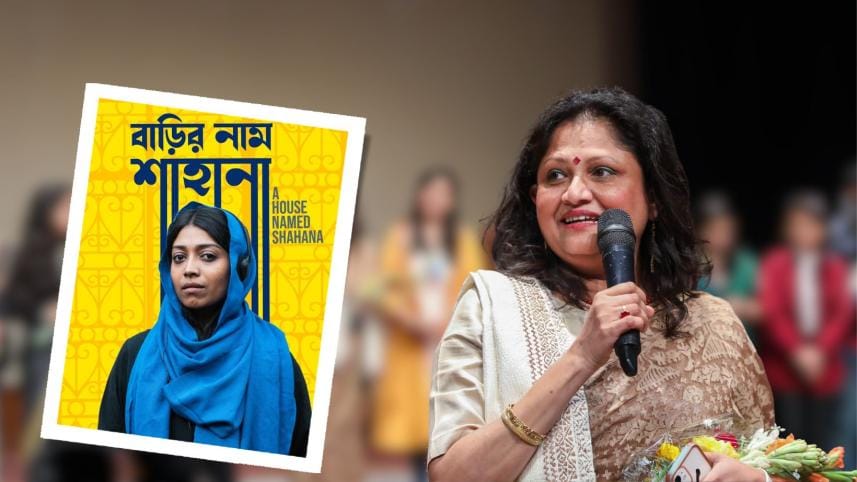
In a small tailor shop in 1990s Bangladesh, a young woman makes an unusual request: add deep pockets to her burqa, the kind typically found only in men's clothing. It's a simple alteration, but one that speaks volumes about a character who refuses to accept the limitations society has placed upon her.
This is Dipa, the protagonist of "Barir Naam Shahana" (A House Named Shahana), and her story has just come home. Today evening, Bangladeshi-born British filmmaker Leesa Gazi's debut feature made its emotional premiere at the National Museum's Bangamata Sheikh Fazilatunnesa Mujib Hall, as part of the 22nd Dhaka International Film Festival (DIFF).
"The film has been screened at various international film festivals," Gazi reflected during the event, surrounded by her cast and crew. "Yet nothing can match the fulfilment and joy I feel witnessing its premiere in my homeland."
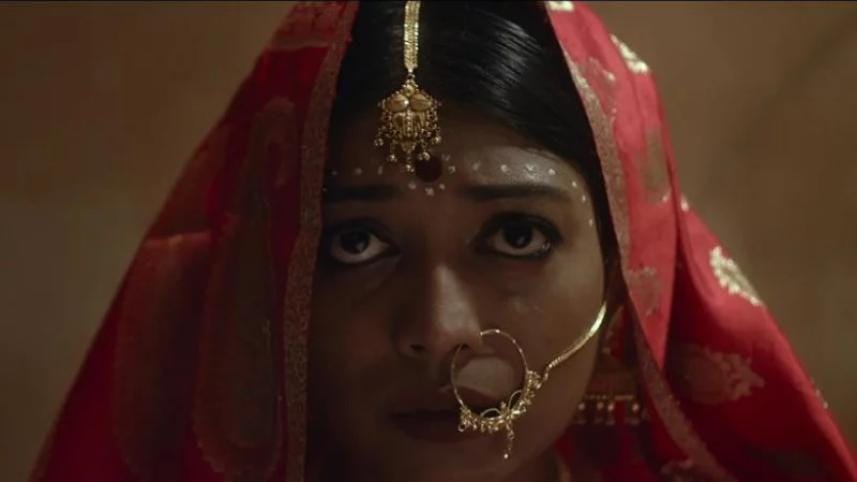
The journey to this moment began over a decade ago with Gazi's 2011 novella, published in Daily Prothom Alo. What started as a written exploration of one woman's defiance has evolved into a cinematic force that's captivating audiences worldwide.
"I co-wrote the screenplay with Leesa apa, and together we gave the character a more evolved shape," explained lead actress Aanon Siddiqua, whose portrayal of Dipa anchors the film. "I've also woven in nuances from several people in my life to enrich the character."
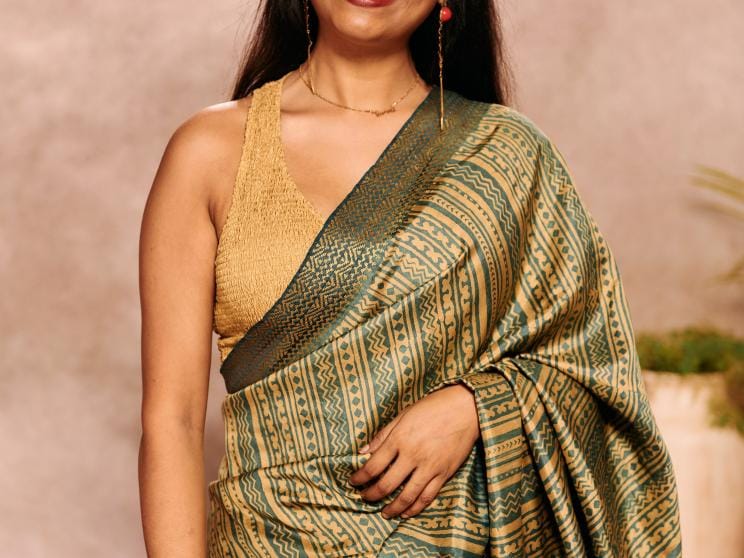
The connection runs deep. "I've lived with this character for so long that she became part of my life," Siddiqua added, and it shows in every frame of her performance.
Dipa's world is one where small acts of rebellion carry enormous weight. When an orphaned girl named Pori faces the cruel consequences of poverty, Dipa stands up for her. When society brands her a disgrace for challenging conventions, she refuses to back down. But it's her response to a forced marriage that truly defines her character.
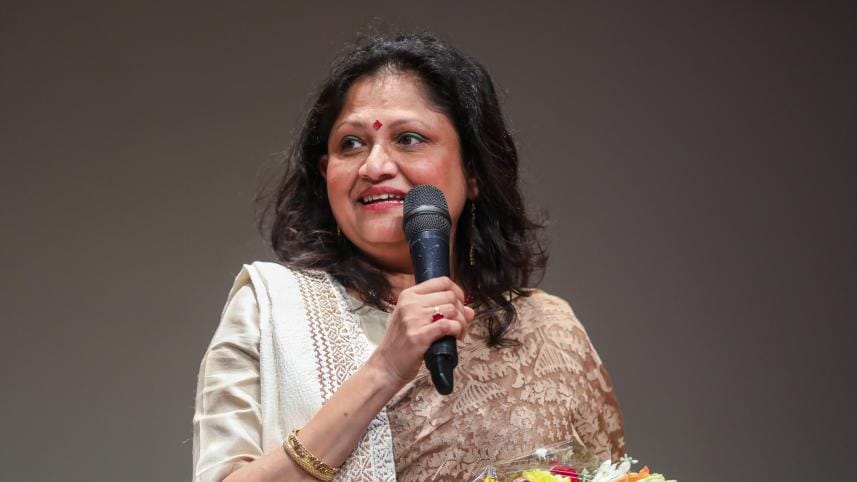
Gazi's directorial vision prioritises authenticity above all else. The film eschews post-production dubbing in favour of live sound recording, whilst genuine locations ground the narrative in lived reality. This commitment to truth extends to every aspect of production.
"Dipa is the daughter of Shahana, and she challenges societal norms and superstitions at every step," Gazi shared. The character's journey from vulnerability to empowerment unfolds against the backdrop of a society that views her independence as threatening.
Coerced into a long-distance nikah ceremony with a widower in England, Dipa endures abuse but eventually finds the courage to escape back to Bangladesh. It's here that the film's most powerful transformation begins: convincing her parents to support her education, she evolves over seven years into something her oppressors never anticipated—a qualified physician.

The stellar ensemble cast breathes life into this empowering narrative. Alongside Siddiqua's commanding performance, notable contributions come from Lutfur Rahman George, Iresh Zaker, Kazi Ruma, Kamrunnahar Munni, Mugdhota Morshed Wriddhi, Amirul Haque Chowdhury, Naila Azad, Arif Islam, Naimur Rahman Apon, and Jayanto Chattopadhyay.
Behind the camera, cinematographer Xoaher Musavvir captures the essence of 1990s Bangladesh with remarkable sensitivity, whilst editor Alex Unai Arrieta weaves the narrative with precision. The musical landscape, crafted by Sohini Alam and Oliver Weeks, complements the emotional journey without overwhelming it.
The meticulous attention to detail is evident in every department: sound management by Nahid Masud and Steve Cummings, art direction by Shihab Nurun Nabi and Rahima Begum, and costume design by Tania Rahman create a world that feels both period-specific and timelessly relevant.
Produced by Komola Collective in collaboration with Goopy Bagha Productions Limited, the film represents a collaborative triumph. Executive producers Faisal Gazi and Krishnendu Chattopadhyay, alongside co-producers Abbas Nokhasteh (Openvizor), Arifur Rahman, and Bijon Imtiaz, have been instrumental in bringing this compelling narrative to international audiences.
The film's journey began at the Jio Mami Mumbai Film Festival, where it earned the Gender Sensitivity Award from the Film Critics Guild. From there, its recognition has grown, with screenings at prestigious festivals including the BFI London Indian Film Festival, Birmingham Indian Film Festival, and Yorkshire Indian Film Festival throughout 2023.
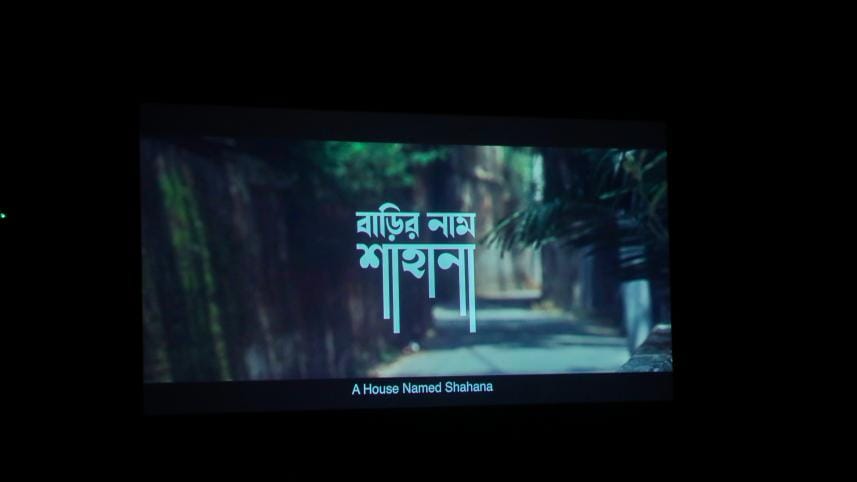
For Gazi, who previously directed the Sharmila Tagore starrer "Life Goes On" and the documentary "Rising Silence", and authored novels "Hellfire" and "Good Girls", this latest work represents both a return to her roots and a bold step forward in her artistic evolution.
An ominous prophecy runs through the film: a seemingly clairvoyant woman warns that Dipa would be "surrounded by water." It comes off as a metaphor that hints at the challenges that have defined her existence, yet the film courageously explores how she rises above them through courage, humour, and an indomitable fighting spirit.
By the film's climax, Dipa has transformed from a young woman forced into submission into someone who steadfastly rejects societal pressures, carving out a future entirely on her own terms. It's a journey that resonates far beyond its specific cultural context.
"I want to thank everyone who contributed to making this film. Each person brought tremendous effort, skill, commitment, and love to this project," Gazi said during the premiere, her gratitude evident to all present.
"Barir Naam Shahana" serves as both a wake-up call and a celebration, illuminating narratives that honour the strength required to navigate societal constraints while maintaining one's essential truth. In an era where women's stories often remain marginalised, Gazi's film raises questions about self-determination, resilience, and the courage to live authentically, something that resonates across all boundaries. In Dipa's story, cinema does not just entertain, it inspires.




 For all latest news, follow The Daily Star's Google News channel.
For all latest news, follow The Daily Star's Google News channel. 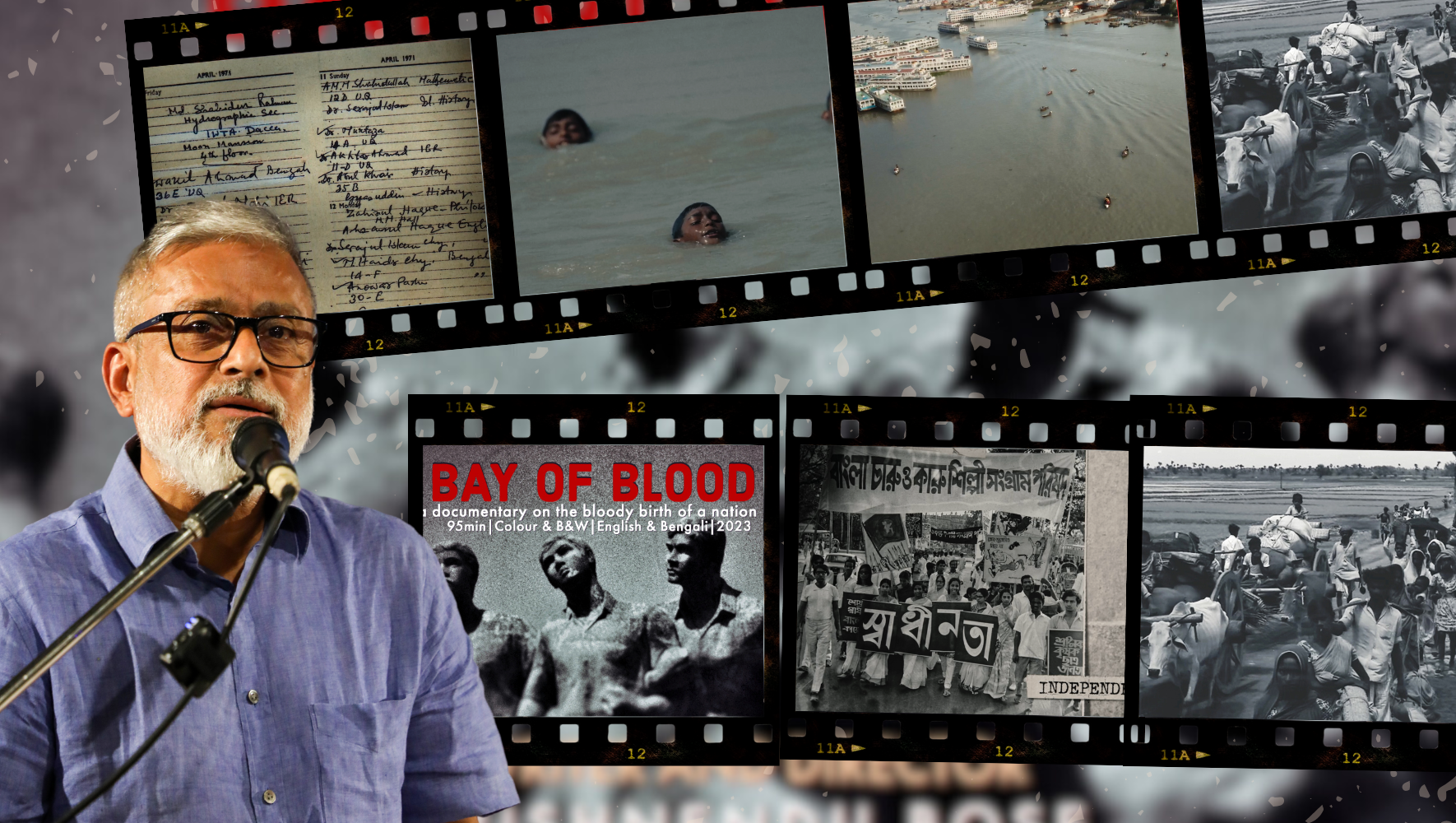
Comments